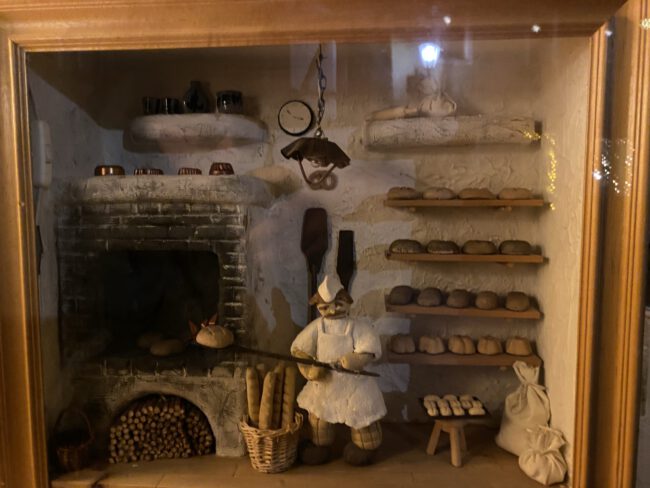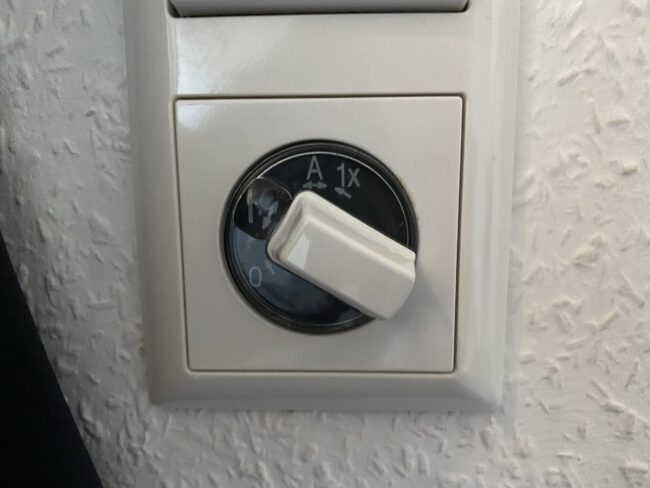Passing data between AndroidActivities
Sending data private void openVideoActivity(String video) { Intent newActivity = new Intent(this, PlayerActivity.class); newActivity.putExtra(“videoId”, video); startActivity(newActivity); } Retrieving data final String videoID = getIntent().getExtras().getString(“videoID”); In Kotlin it looks like this: val intent = Intent(this, NewActivity::class.java).apply { putExtra(“EXTRA_MESSAGE”, “Test 123”) } startActivity(intent) Retrieving val message = intent.getStringExtra(“EXTRA_MESSAGE”) Further Reading Passing data between fragments using SafeArgs…



